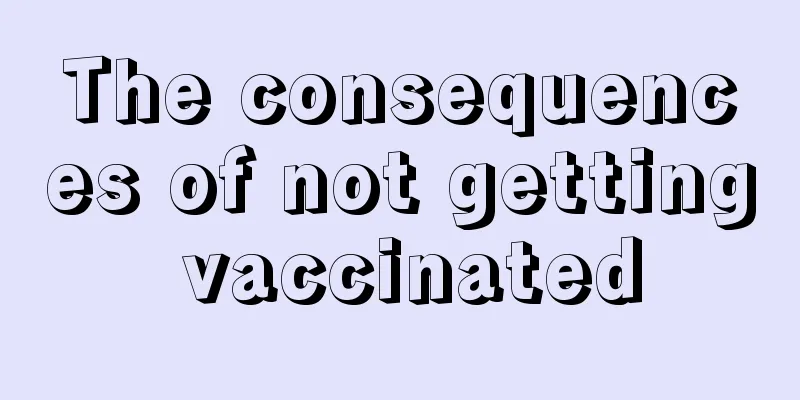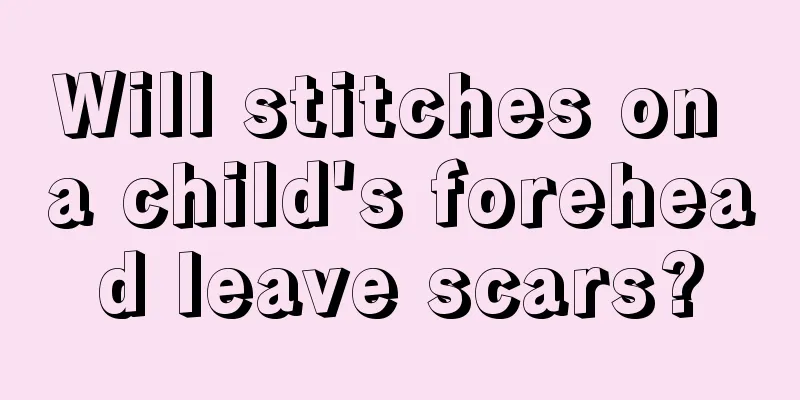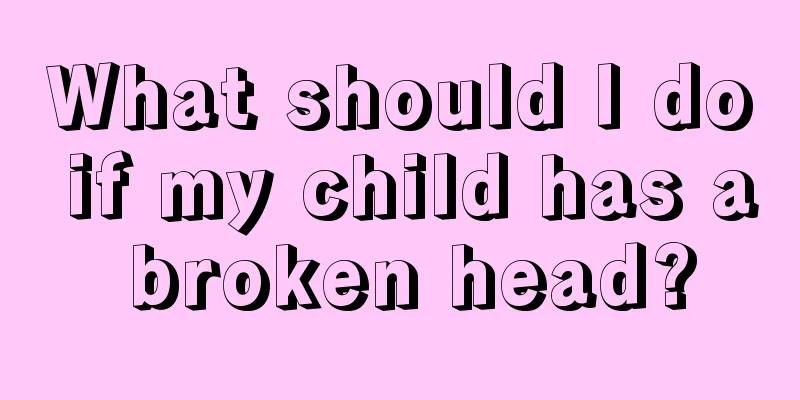The consequences of not getting vaccinated

|
We all know that when a child is born, the doctor will give the baby some vaccinations, mainly to prevent some common diseases and improve the baby's body resistance. However, if we do not give the baby vaccinations, the baby will be affected by the disease. Nowadays, many vaccines are free. Mothers should vaccinate their children with all the necessary vaccines when they are born to prevent infection with diseases. According to the immunization program stipulated by the Ministry of Health, the vaccines that should be given from birth to 6 years old are: (these vaccines are free!) So according to the current situation, at least 90% of children should have received free vaccines. Someone asked: If my child does not receive any vaccines, will the chance of getting sick be much higher than if he receives all vaccines? Is it okay for children not to get vaccinated? Which vaccines are necessary? The existing vaccines in the country are divided into two categories according to payment conditions: Category I vaccines and Category II vaccines. You don’t have to think about Class I vaccines; they are on the vaccine list and you must get them. Not getting vaccinated will result in 1. Children cannot go to school without vaccination certificates 2. The chance of infection increases There are currently five types of Class I vaccines. The cost of Class I vaccines is paid by the state and all children must be vaccinated, so they are also called "planned immunization vaccines". Currently, there are five types of vaccines, covering seven diseases, which are often referred to as the "five vaccines and seven diseases": BCG vaccine, polio vaccine, measles vaccine, diphtheria, pertussis and tetanus vaccine, and hepatitis B vaccine. These five vaccines are used to prevent and treat seven diseases, including tuberculosis, polio (poliomyelitis), measles, whooping cough, diphtheria, tetanus and hepatitis B. You need to pay for the second-category vaccine yourself, also known as "vaccines outside planned immunization." This does not mean that the second-category vaccine is not important. The national vaccine classification standard is not divided according to the importance of the vaccine. Unimportant vaccines are classified as Class I, and unimportant vaccines are classified as Class II!!! my country's vaccine classification standards are determined in accordance with health financial investment policies. Simply put, my country is a country with a large population and a large number of people who need to be vaccinated, but we have the idea of health fiscal spending but there is not enough money to provide all vaccines free of charge to the entire population. However, vaccination is an important part of national public health. So the health department made a compromise: A batch of low-cost vaccines are selected with limited funds, and the state pays for them to be included in the free vaccines for the entire population to be vaccinated. This type of vaccine is called a Class I vaccine. As for some other vaccines, although very good, they are too expensive and the country cannot afford them. Therefore, from an overall perspective, these higher-priced vaccines are named Class II vaccines and are put on the market based on the economic conditions of residents and the principle of whoever has money can be vaccinated. So don’t think that since Category II vaccines are expensive, they are good. Category I vaccines are free, and free ones are rubbish. Both self-paid and free vaccines are used to prevent diseases, and neither is more important than the other. |
<<: Oral salt supplement for babies
>>: Can a three-year-old baby drink milk from a bottle?
Recommend
What is the cause of high lead levels in children?
Lead is a heavy metal that is harmful to human he...
What is the cause of the child's swollen face?
Children's skin is relatively tender and gene...
What is the diet for a one year and five month old baby?
When choosing baby food, you must first understan...
Is startle tics hereditary?
There are many emotions in the human heart, and f...
What to do if your child has oily hair?
Oily hair is very common in life, especially for ...
Does the smell of plaster affect babies?
Plasters are the most commonly used medicine for ...
How long is the shelf life of diapers?
In order to make it more convenient for parents a...
Can babies eat yam and red dates porridge?
The two main ingredients added to yam and red dat...
What food is best for children to nourish their brains?
We all know that pregnant women should generally ...
Why does a 2-year-old child sweat while sleeping?
If a 2-year-old child sweats while sleeping, it m...
Is it necessary to test trace elements in children?
The biggest worry for every parent is the health ...
How many months does it take for a baby to stand?
Children cannot talk or walk after they are born....
Children have a lot of eye mucus
Many mothers will find that when taking care of t...
How to treat stomach pain in children?
Stomach pain in children is something that many p...
What are the symptoms of phimosis in children?
Many parents do not know how to judge whether the...









